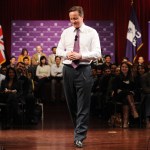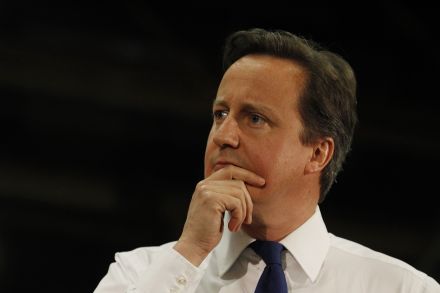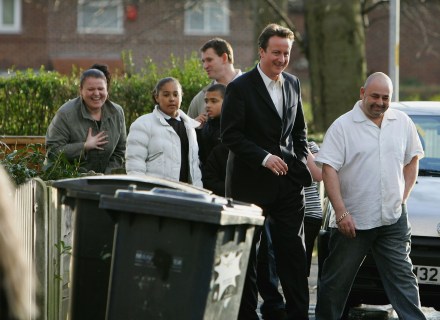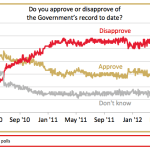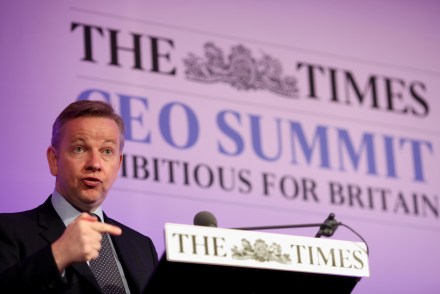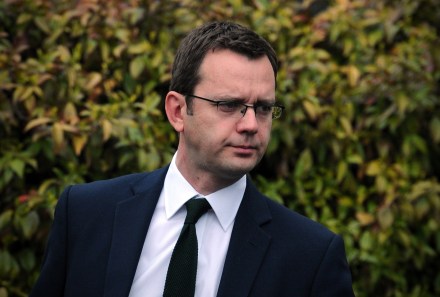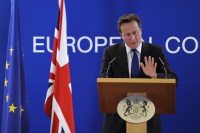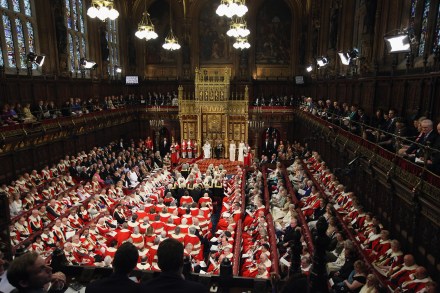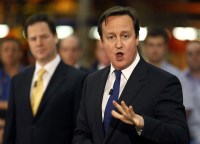Boris keeps on charming his party
Not since Michael Heseltine has there been a politician who is so adept at finding the g-spot of the Tory faithful as Boris Johnson. His column today in the Telegraph is a classic example of this. There’s some witty and perceptive BBC bashing, mockery of the Lib Dems and their priorities, and a demand that the Tories get what they need out of the coalition. His line ‘If we are really going ahead with Lords reform (why?)’ sums up Tory feelings on the subject far better than more earnest tracts have done. ConservativeHome is certainly impressed, saying that the Mayor of London is ‘real and raw in an age when



